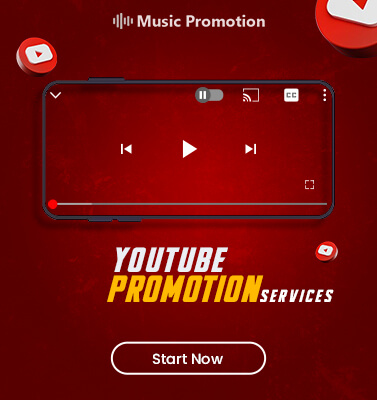
Music is an artistic creation that often gets stolen and misused simply because many artists are unable claim to what they created. Music artists with individuality who are creating original tracks must protect their music with a patent or else someone else will claim your music as their work. A music artist must know music rights and intellectual property in order to safeguard their creative work that came from an intellectual and creative brain. There are various aspects of music and a professional music artist should be aware of them.
Guide for Securing Music Rights
Let’s Understand the Basics of Music Copyright Law
6 Aspects of Music Copyright Law
The musical work has to be original in order to get copyrighted. It does not matter whether the musical work is amazing or not but its originality is important. The source for the two tracks belongs to the same origin, so it is not possible to claim.
Copyright owners have exclusive rights and can easily take legal action against anyone who violates the music rights and causes copyright infringement. If the infringement is successfully established in the court, the offender will have to compensate the artist.
Master recording copyrights are administrated and often owned by record label companies. The label can be the primary owner or could be the party. Record labels that invest in artist recording can handle the copyrights for master on the behalf of the artists. They are the primary owner of the master copyright.
Similarly, the compositional copyrights are administrated by the publishers. It works differently than the master copyright. It mainly takes a share on behalf of the writers which can be somewhere around 50%. The other 50% of the copyright is allotted to the publisher.
Copyright protection lasts for a long time of 70 years past the lifetime of the artist or the writer. In some cases, the period can be as long as 95 years and 120 years from its creation. After that, it becomes a public domain.
Cover songs do not need master copyright but you must have a mechanical license that allows you to do that for some particular countries. Cover tracks do not need any specific permits.
Concluding Thoughts
It is recommended to talk with a professional or hire a lawyer to have a better idea. You can also ask other music artists for guidance.



How to Get Your First 1,000 Subscribers on YouTube (Fast + Natural Ways)

Darrell Wiles Spreading His Unique Charm with The Track ‘It's All Love’

How to Find Affordable SoundCloud Promotion Packages?

Christian Krauter Attracting Global Audiences with the Song ‘mr lee’